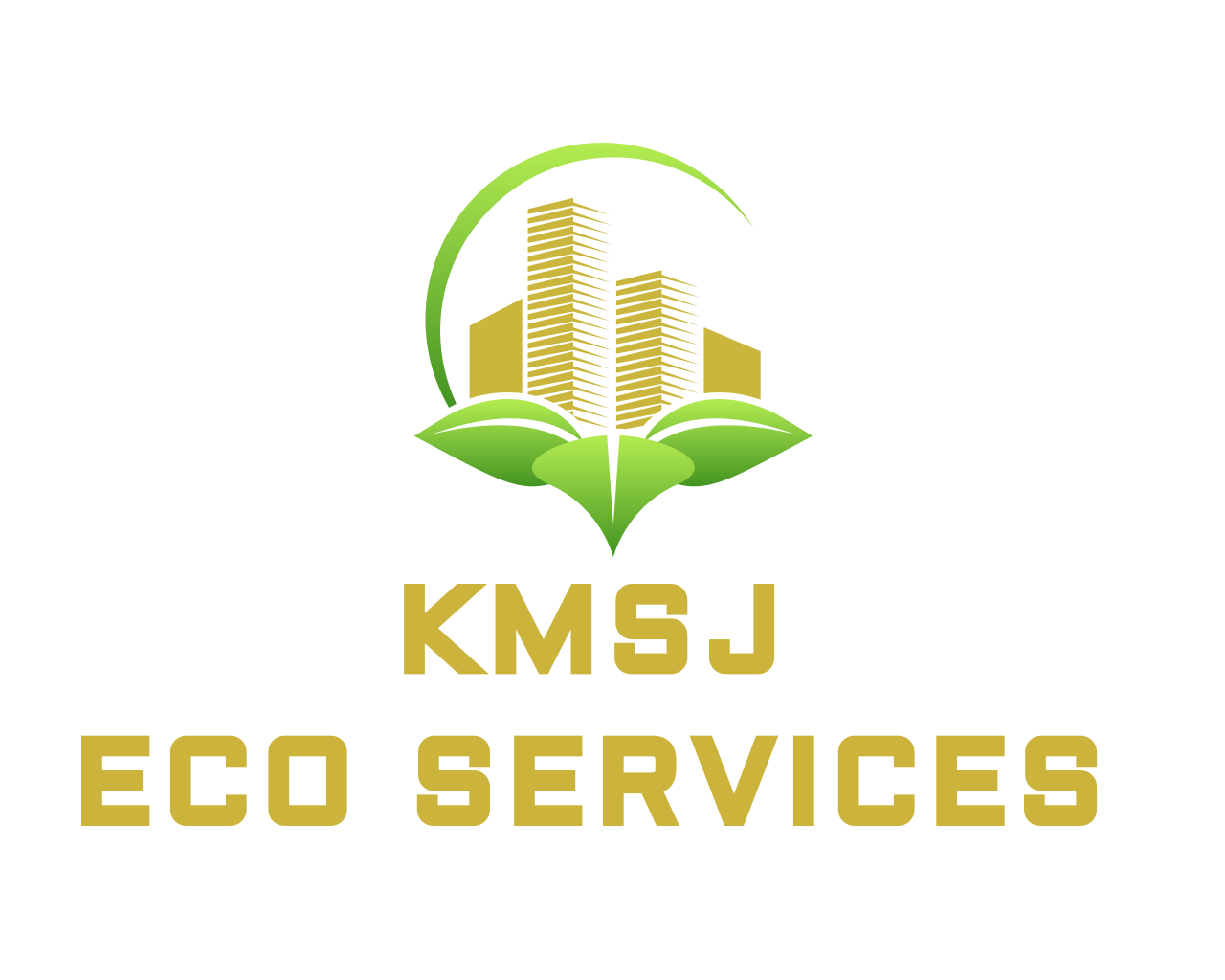The Importance of a Clean Office Environment
Maintaining a clean office environment is crucial for the success and sustainability of any business. A pristine workspace not only influences the physical health of employees but also significantly affects their psychological well-being. Studies indicate that a clean workspace can vastly reduce stress levels among employees. A clutter-free environment eliminates many distractions, thereby allowing employees to focus more effectively on their tasks.
Furthermore, the morale and overall job satisfaction of employees are greatly enhanced in a well-maintained office. A clean workspace reflects the company’s commitment to providing a healthy and supportive working environment. This sense of being valued translates into higher employee satisfaction, which in turn reduces absenteeism. Research has shown a direct correlation between a clean office and increased employee productivity. A study by the International Sanitary Supply Association (ISSA) revealed that a clean workplace could reduce absenteeism by up to 46%.
The impact of office cleanliness extends beyond internal productivity. First impressions are vital for client interactions and visitor experiences. A clean and well-organized office conveys professionalism and reliability, attributes that are crucial for business credibility. Visitors are more likely to develop a favorable opinion of a company that maintains a clean environment, thereby influencing partnerships and client relationships positively.
In addition, business cleaning services play a pivotal role in upholding this standard of cleanliness consistently. Regular, thorough cleaning ensures that all office areas remain hygienic and presentable. Investing in professional cleaning services can bolster the company’s image and contribute significantly to a cleaner, healthier, and more productive work environment.
In conclusion, the importance of maintaining a clean office environment cannot be overstated. Businesses that prioritize cleanliness can expect reduced employee stress, improved morale, increased productivity, and a positive impression on clients and visitors. A clean workspace is thus a fundamental component of a thriving business.
How Cleanliness Boosts Productivity
A clean workspace is pivotal in enhancing employee productivity. Research consistently shows that maintaining a tidy office environment can significantly improve focus, reduce distractions, and promote an organized workflow. This correlation is well-observed in various studies; for instance, a survey by the National Association of Professional Organizers revealed that 90% of workers reported feeling more productive in a cleaner environment.
One of the primary ways cleanliness boosts productivity is by minimizing clutter. Cluttered spaces are often synonymous with distraction and disorganization. When employees are surrounded by unnecessary items and disorder, it becomes challenging for them to concentrate on tasks. A well-organized desk, free from pile-ups of papers and irrelevant materials, allows employees to locate documents and supplies more efficiently, thereby saving time and reducing stress.
Furthermore, air quality in the office can markedly influence employee performance. A clean workspace with proper ventilation systems reduces the levels of pollutants and allergens in the air, contributing to better respiratory health. According to a Harvard study, employees working in environments with higher indoor air quality tend to perform cognitive tasks significantly better, with improvements in areas such as crisis response and information usage.
Hygienic bathrooms are another critical element in maintaining high productivity levels. Clean and well-stocked bathroom facilities not only provide comfort and ensure health but also reduce the spread of illness-causing germs. This aspect is particularly crucial in reducing absenteeism due to sickness. Data from the CDC underscores that businesses lose millions annually due to lost productivity from sick leaves, which can often be traced back to inadequate hygiene standards in the workplace.
In addition to these individual components, the overarching culture of cleanliness cultivated by business cleaning services can foster a sense of pride and responsibility among employees. When organizations invest in maintaining a pristine work environment, it sends a clear message that the company values its staff’s well-being. This recognition often translates into employees taking better care of their workspaces, contributing to a cycle of cleanliness and high productivity.
Evidently, an investment in office cleaning is an investment in the workforce’s efficiency and overall business success. A clean workspace not only supports daily operations but also underpins a proactive, productive corporate culture.
Practical Tips for Maintaining Office Cleanliness
Ensuring office cleanliness is integral to maintaining high levels of employee productivity and workplace satisfaction. As a business owner or office manager, embracing practical tips can help sustain a clean and organized workspace. Establishing a consistent cleaning routine is paramount. Start by implementing daily tasks such as wiping down surfaces, emptying trash bins, and ensuring communal areas are tidy. For deeper cleanliness, consider weekly tasks such as vacuuming carpets, sanitizing restrooms, and cleaning kitchen appliances.
Equally important is the role of regular deep cleaning. Schedule monthly tasks like washing windows, polishing floors, and thoroughly cleaning vents to remove dust and allergens that can impact employee health and productivity. Creating a structured cleaning schedule and involving employees can streamline this process. Encourage team members to keep their workspaces organized and clutter-free, fostering an environment of shared responsibility.
Technology can also play a pivotal role in maintaining a clean workspace. Consider investing in robotic vacuums to keep floors spotless, especially in high-traffic areas. Air purifiers can improve indoor air quality, reducing allergens and airborne pollutants, thereby enhancing employee wellbeing. The adoption of such technology not only simplifies the cleaning process but also ensures consistent maintenance with minimal human intervention.
In addition to these measures, hiring professional business cleaning services can provide a consistent and thorough approach to office cleanliness. Professional cleaners are equipped with the expertise and tools necessary to handle extensive cleaning tasks, ensuring your office remains in pristine condition. This can include steam cleaning carpets, disinfecting high-touch areas, and addressing often overlooked spaces such as behind furniture.
To help streamline your office cleaning efforts, consider the following checklist:
- Daily: Wipe down surfaces, empty trash bins, ensure communal areas are tidy.
- Weekly: Vacuum carpets, sanitize restrooms, clean kitchen appliances.
- Monthly: Wash windows, polish floors, thoroughly clean vents.
Creating a Clean Office Culture
Fostering a culture of cleanliness within the workplace is crucial for sustaining long-term productivity gains. When employees are encouraged to maintain tidy workspaces, the entire office environment becomes more conducive to efficient work habits and overall employee productivity. Several strategies can be employed to ingrain this culture deeply into the workforce.
One effective approach is to give employees a sense of ownership over the cleanliness of their individual workspaces. When employees view the maintenance of a clean workspace as part of their responsibilities, they are more likely to be proactive in keeping their areas tidy. This can be achieved through positive reinforcement, such as acknowledging and rewarding those who consistently maintain neat workstations.
Clear policies that define cleanliness expectations can also help. Organizations should develop and communicate specific guidelines for workspace maintenance, ensuring that everyone understands their role in fostering a clean environment. It is equally important to provide necessary resources such as cleaning supplies, organization systems, and waste disposal facilities. Regular reminders and check-ins can further reinforce these policies, making the maintenance of a clean workspace a part of the daily routine.
Several companies have seen remarkable benefits after successfully implementing a clean office culture. For instance, a leading tech firm reported a 20% increase in productivity after introducing a clear desk policy and regular office clean-ups. Another example is a marketing agency that experienced improved employee morale and creativity following the establishment of a clean and organized office environment. These companies serve as strong examples of how an investment in cleanliness can yield substantial returns in terms of productivity and employee satisfaction.
Leadership plays a pivotal role in modeling and encouraging these behaviors. When leaders prioritize cleanliness and visibly participate in maintaining a clean office, it sets a standard for the rest of the employees to follow. Leaders who advocate for a clean and organized workspace actively contribute to a culture where productivity and care for the workplace are valued and practiced by everyone. This creates a consistent, clean, and productive work environment that benefits the entire organization.





